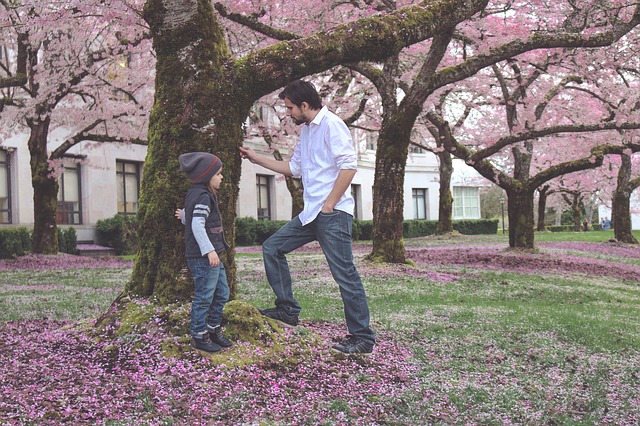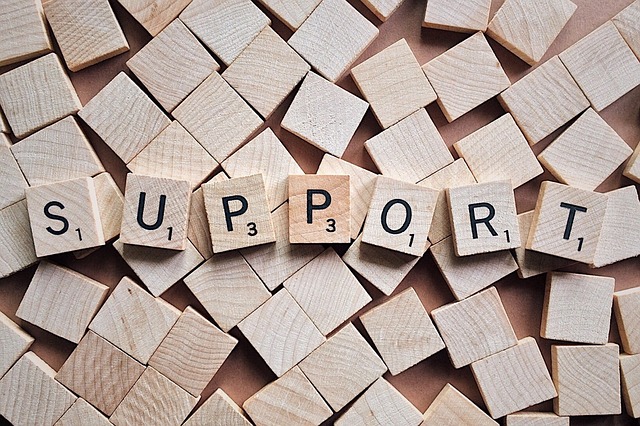FOR FRIENDS AND FAMILY
Being the parent, family member or friend of someone who hears voices can be a complex experience – in turns bewildering, worrying and painful, but also, for some, an affirmation of their own strength and resilience. In this module, we explore the personal perspectives of people whose loved ones hear voices. We cover a range of different topics, including what you can do to support someone when they are distressed by their voices, and what you can do to seek support for yourself.












